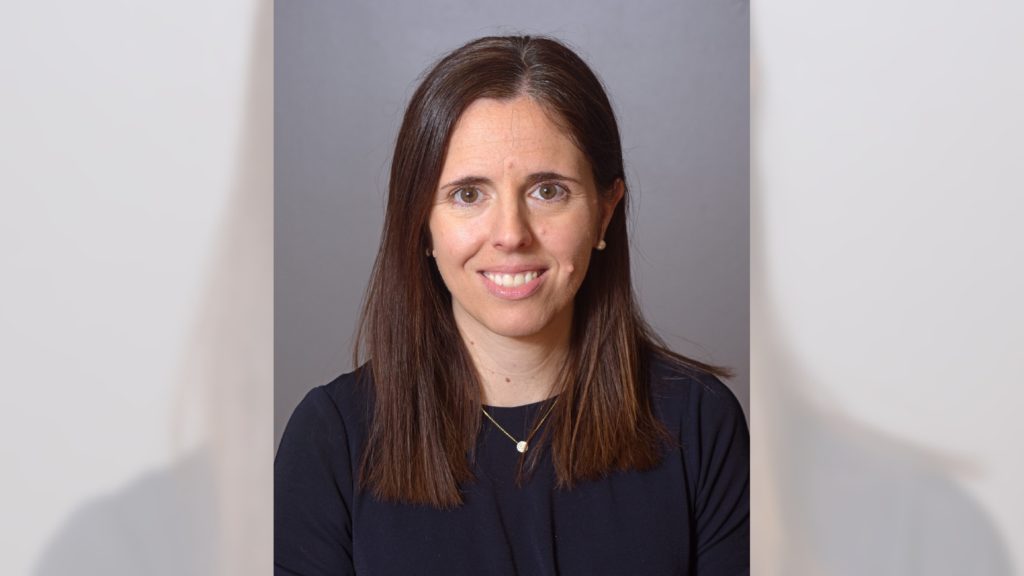The March for Life announced Thursday that longtime president Jeanne Mancini will pass the torch early next year to Jennie Bradley Lichter, a leading pro-life lawyer and policy expert.
“Leading the March for Life has been the honor and opportunity of a lifetime, one for which I will be forever grateful. There have been countless highlights during my time as president of March for Life, including the momentous overturn of Roe v. Wade,” said Mancini, who has led the pro-life organization for the past 12 years.
“I’m convinced that building a culture of life through compassionate public witness to the inherent dignity of the unborn and their mothers is as critically important today as it was the tragic day abortion was first legalized in the United States — or at any time since,” she said.
“I am more than delighted to watch how the organization will continue to grow under Jennie Bradley Lichter’s leadership.”
Catholic pro-life activist Nellie Gray founded the March for Life in Washington, D.C., in 1974 following the 1973 Roe v. Wade decision that legalized abortion nationwide.
The organization, which now bills its march as the world’s largest annual human rights demonstration, celebrated its 51st anniversary with this year’s gathering, which took place in late January and attracted tens of thousands.
Mancini was only the second person to serve as president of the March for Life, after Gray herself, who died in 2012. Mancini’s tenure of a dozen years was marked by “consistent and extraordinarily fruitful growth,” the group says, which includes the establishment of a “rapidly expanding” state march program, already present in 16 states.
Other major milestones under Mancini’s leadership include hosting for the first time the sitting vice president and president of the United States at the national March in 2020 as well as the landmark 2022 Supreme Court decision Dobbs v. Jackson Women’s Health Organization, which returned the power to legislate on abortion to the states.
Mancini said the annual march remains a vital part of the pro-life movement for several reasons — as a participation in history, as a witness to the importance of caring for pregnant women through pro-life pregnancy centers and other means, and as a recognition that the pro-life movement still has work to do — especially in the 10 states with abortion on the ballot this year.
“We have certainly had some tough [ballot box] losses in the past couple of years, but we are living in what I perceive to be the cultural earthquake of the overturn of Roe, which is a season and will pass,” Mancini noted.
“While this season shows the profound need to educate and change hearts and minds about the destructive nature of abortion to both mother and baby, it does not in any way mean that the overturn of Roe was a mistake,” she said.
“Consider that nearly half the states have enacted life protective laws prior to the time of viability — something that couldn’t happen under a Roe regime.”
‘The spirit of a longtime marcher’
Lichter, who most recently served as deputy general counsel at The Catholic University of America in Washington, D.C., brings a broad range of legal and policy experience in the public, private, and nonprofit sectors, including at “the highest levels of the federal government,” the March for Life says. She also has served as senior legal fellow at the Religious Freedom Institute.
In addition to being a “longtime marcher,” Lichter is a married mother of three and founded an initiative at The Catholic University of America — the Guadalupe Project — to provide tangible resources and support to expectant mothers and their children.
She said this week she is “looking forward to leading the March for Life’s engagement in conversations about legal strategy.”
“When I first began attending the National March as a college student over 20 years ago, I never could have dreamed that someday I would have the honor of leading it,” Lichter said.
“I have long loved the positive spirit of the March, the youthfulness, the energy, the esprit de corps, the doggedness that is required of those who show up in late January whatever the weather,” she said.
“Although my vantage point at the National March will be changing, I will be bringing the spirit of a longtime marcher into my new role. And I’m looking forward to continuing to march alongside so many others who are committed to witnessing to the dignity of every human life.”
Lichter’s tenure as president will begin in February 2025. Mancini will continue to serve on the March for Life’s board of directors, the group says.
“Political and cultural winds can and do change, but no matter what happens on the ballot or in the courts or the national conversation this year or any other year, there will still be many, many thousands of Americans who will be looking to the March for Life for guidance. For leadership. For hope. For joyful witness,” Lichter continued.
“And most of all, for an opportunity to be together — in D.C. in January, every single year, or in state capitals across the country — and to show that pro-life Americans are still here, we are still motivated, we will never, ever tire of witnessing together to the beauty and dignity and utter preciousness of human life. In my mind, that’s the most powerful thing about this organization. It is such an honor to have an opportunity to lead it. I can’t wait to get started.”

